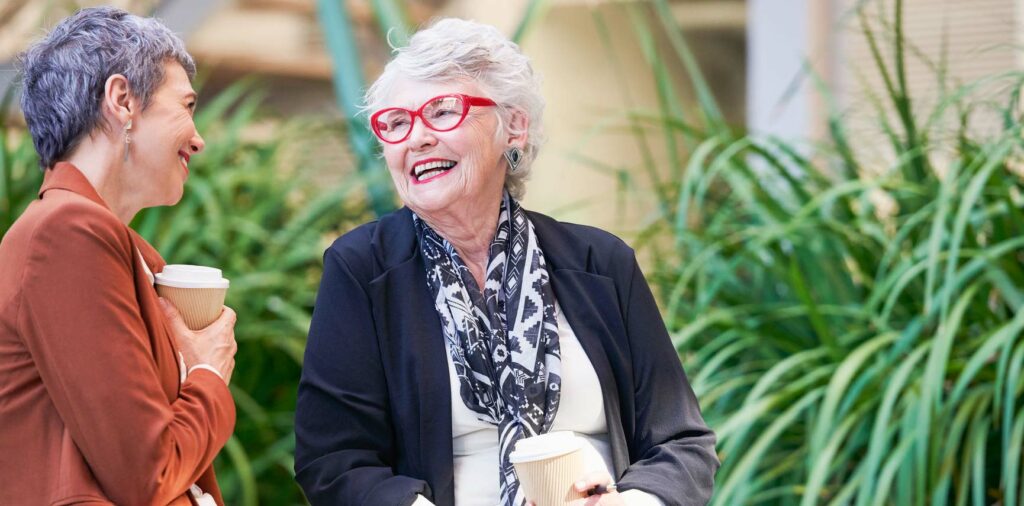Sometimes, it’s a late-night email; other times it’s an apprehensive spouse approaching us at a community event. The question
typically starts the same… “How do I know when it’s time?”
Having to have this conversation with my own mother was one of the most difficult we’ve ever had. I could see it in her eyes. She was tired. She was worried. But she felt a responsibility to her Dad, (my Grandfather) and anything but her doing all the work felt like she was giving up. After some tears, a tough conversation and a hug, we knew this was bigger than us.
So, the question remains…how do you know when you should start considering assisted living? The truth is, if you’re asking this question, it’s time. Even if you’re being proactive, (which is always the best idea, as you get to make the decision versus feeling like you have to make the decision) knowing your options, the services available and having a feel for how it all works will make the journey much more comfortable, if and when you need to make it.
Medication Management
Have you noticed a daily medication is being left in the pill box or needing refilled too quickly? Medication errors are one of the largest contributing factors to hospital visits for those over 65. If you notice something is out of the ordinary, it’s important to intervene right away. Forgetting to take medication OR taking too much medication can lead to dangerous consequences.
Falls and Accidents
Has your loved experienced recent falls or expressed a fear of tripping or falling during normal daily routines? Stairs, rugs and confined spaces can be especially trouble-some. If so, it’s important to be sure lightbulbs are replaced when burnt out and that rugs are removed to prevent tripping. It’s also important that your loved one exercises regularly to maintain strength.
Changes in Home Environment
Has your loved one’s home gone from neat and tidy to cluttered and messy? Is food often spoiled in the refrigerator? Are household chores often undone? If so, this can this be a sign that these tasks have become unmanageable. In addition, it also presents a safety and health hazard.
Changes in Eating Habits
Have you noticed an abnormal weight loss or gain? Being unable to prepare meals or forgetting to eat are commonly associated health decline. Weight loss and not eating can also contribute to medication side effects that can contribute to dizziness, weakness and falls. Helping prep meals and dining with others can help make eating a social and uplifting experience.
Money Management Issues
Have you noticed mail piling up or an increase in phone-calls from bill collectors? These can indicate that your loved one is either not keeping up with their bills or is not effectively managing their funds. This might be a simple oversight but can have long-term financial effects if left unaddressed.
This list isn’t meant to be comprehensive, but rather to share a few of the most common things we hear when people reach out to us. For my Mom, it was missing medication and an unfortunate fall (thankfully with just some soreness and a “battle scar” as my Grandfather called it) that prompted the conversation.


